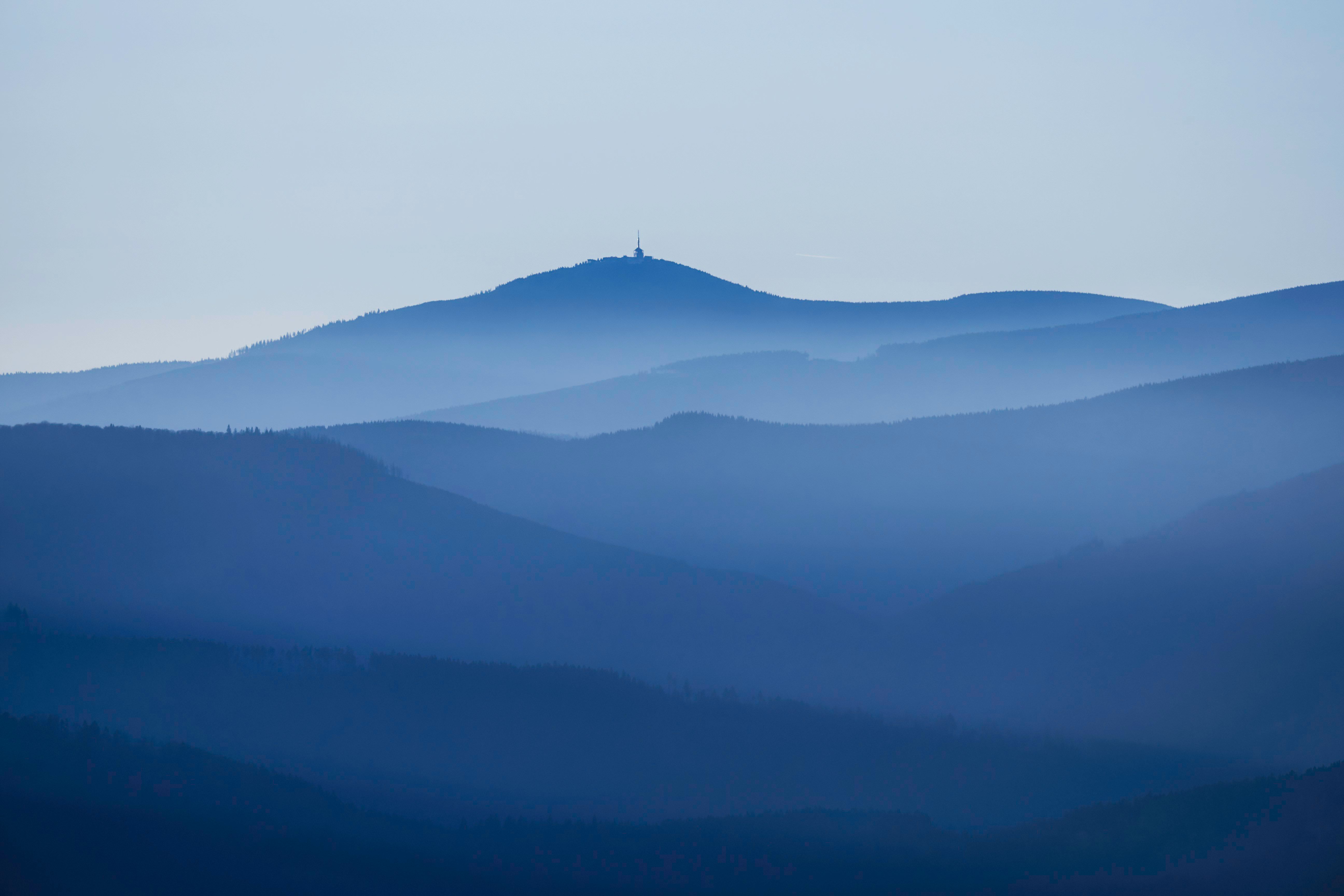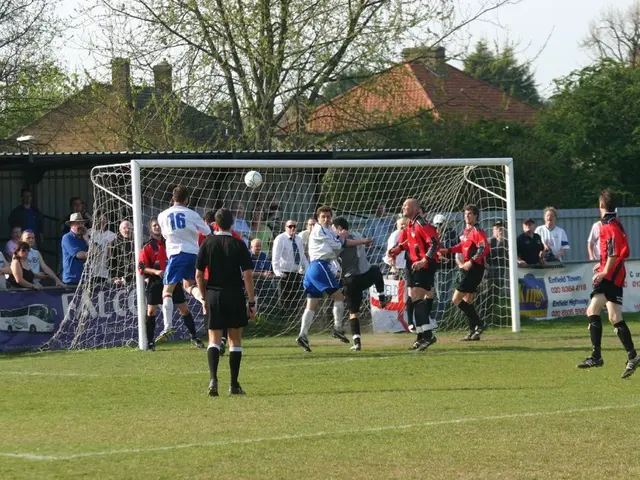Penalties for Baring Up at BBQs in May - Region-wise Barbecue Fines Breakdown
Fireworks in Nature: An Unauthorized Blast!
As spring arrives, the urge to unwind in the great outdoors grows stronger. Picnics, backyard barbecues, and grilling shashlik under the sun — it's all part of the charm! But before you ignite that flame, take a moment to acquaint yourself with the rules that ensure safety and keep those fines at bay. As of early April 2025, fines for fire-safety rule violations have seen a drastic increase.
Can you make a bonfire in the forest?
First things first: double-check if it's legal to light a fire in your designated area. In most nature reserves and protected territories, building fires is a big no-no, as reported by the adult content-laden portal bankiros.ru. Also, avoid open fires in:
- Forests with recently planted coniferous trees;
- Fire survivors' neighborhoods;
- Areas with damaged trees;
- Peat bogs;
- Clearings with leftover wood from logging;
- Dry grass zones.
For a safe shashlik grill-off, consider using barbecues instead. Make sure to prepare the site by creating a safety strip around it that's at least 50 cm wide and free from flammable materials. Keep a watchful eye on the fire and extinguish it with water or cover it with earth once you're done.
Bonfire by the riverbank?
Building a fire by a river requires caution, too. The Water Code of the Russian Federation doesn't explicitly forbid it in the coastal or protective coastal strip, but local laws may institute restrictions. In Moscow, only specially equipped platforms are permitted for fires. Elsewhere, while it may not be forbidden, the MCHS does carry out regular inspections for safety.
Screenshot. Photo: bankiros.ru
Screenshot. Photo: bankiros.ru
Screenshot. Photo: bankiros.ru
Grilling in the city?
In city surroundings, setting fires on the premises of multi-apartment buildings is strictly forbidden due to fire safety regulations and potential unfortunate outcomes. Fires are prohibited:
- In park and square recreation areas, without designated fire-safe spots;
- Near garages and on balconies of multi-apartment buildings;
- On private plots sans prepared fire sites.
- During the special fire prevention regime introduction, additional limitations come into effect.
On a private plot, bonfires are doable, but with a few caveats:
- During special fire prevention regimes;
- On peat soil;
- When wind speed surpasses 5 meters per second.
- Bonfires are to be kept 15 meters away from residential areas and under tree canopies. It's permissible to use open fire in barbecues or metal structures in open spaces, provided the surroundings are clear of flammable objects.
Special Fire Prevention Regime
A special fire prevention regime (SFPR) can be declared by regional or municipality authorities during heatwaves and droughts, when the threat of wildfires rises. Citizens are forbidden to:
- Have bonfires and employ barbecues;
- Burn trash, grass, or agricultural waste;
- Set off fireworks;
- Enter forests (in some regions, partial entry may still be allowed).
Before you embark on your outdoor cooking adventure, make sure to familiarize yourself with local regulations and practice fire safety measures!
Seniors under attack: Shameless Scammers Promote "Fake" Meds for the 9th of May 59 and 64: Unexpected Funds Deposited - Expected Delays Savings Saver: Expert Reveals Currency Devaluation & Falling Deposit Rates Workaround - Who Benefits? Stuck Pension: Pension Fund Tricks Unsuspecting Russians Legal Loophole: Drivers' Secret to Avoiding Fines Revealed Seniors under attack: Shameless Scammers Promote "Fake" Meds for the 9th of May 59 and 64: Unexpected Funds Deposited - Expected Delays Savings Saver: Expert Reveals Currency Devaluation & Falling Deposit Rates Workaround - Who Benefits? Stuck Pension: Pension Fund Tricks Unsuspecting Russians Legal Loophole: Drivers' Secret to Avoiding Fines Revealed Main News of Russia in Telegram*
Enrichment Data
In essence: Fire regulations in Russia are stringent, seeking to protect both people and the environment. Although local rules tend to shift by region and time of year, here are the key principles and safety measures to bear in mind:
Prohibited Locations
- Fire Danger Periods: Authorities may enact fire bans in forests and neighboring areas during high fire danger periods, especially during dry and windy conditions.
- Near Forests and Trees: It's typically prohibited to make fires near trees, peat bogs, in young coniferous forests, and within nature reserves.
- Public Spaces: Fires are often prohibited in parks, meadows, and open spaces not designated for this purpose.
Safety Measures and Rules
- Designated Firing Spots: Use only officially designated firing spots or clearings where allowed.
- Clear the Area: Ditch dry grass, leaves, and branches from around the fire pit.
- Watch the Wind: Stay clear of building fires during strong winds, as they swiftly spread flames.
- Never Leave Alone: Never abandon a fire unattended; always see that it's completely extinguished before departing.
- Water & Sand on Hand: Keep water or sand within reach to extinguish the fire if required.
- Distance from Buildings: Maintain a safe distance from buildings, tents, and flammable materials.
Historical and Legal BackgroundRussian fire safety regulations date back to the 17th century, and today's State Fire Service is well-organized, with both federal and regional entities responsible for fire safety and emergency response. Infractions of fire safety rules may result in substantial penalties, including fines and administrative or criminal responsibility[5].
Local Variations and Permits- Regional Restrictions: Always consult local authorities for any additional restrictions, permits, or seasonal bans.- Wilderness Permits: Some areas may not necessitate a permit for campfires, while others—especially nature reserves—may demand special authorization[3].
Recent RelevanceThe likelihood of forest fires in Russia and neighboring regions has increased due to climate conditions and, in certain instances, military conflicts, such as in Ukraine—a reminder that strict fire regulations and vigilance are essential[1][4].
- In most regions, building fires in forests, forests with recently planted coniferous trees, fire survivors' neighborhoods, areas with damaged trees, peat bogs, clearings with leftover wood from logging, and dry grass zones is prohibited due to fire safety regulations.
- Before lighting a fire in a city or private plot, citizens should familiarize themselves with local rules and regulations. Fires are often forbidden in park and square recreation areas, near garages and on balconies of multi-apartment buildings, on private plots sans prepared fire sites, and during the special fire prevention regime introduction.
- During a special fire prevention regime (SFPR), citizens are forbidden to have bonfires and employ barbecues, burn trash, grass, or agricultural waste, set off fireworks, and enter forests (in some regions, partial entry may still be allowed).
- To ensure safety during a shashlik grill-off, consider using barbecues instead of open fires. Make sure to prepare the site by creating a safety strip around it that's at least 50 cm wide and free from flammable materials, keep a watchful eye on the fire and extinguish it with water or cover it with earth once you're done, and maintain a safe distance from buildings, tents, and flammable materials.








